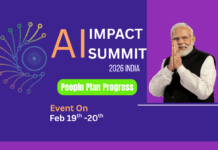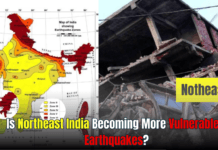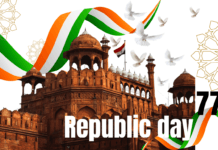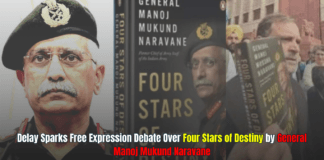Ad
In India, a big step decission has been made in the ongoing debate over the one nation, one election proposition. A new committee was formed. This commitee will be headed by former President Ram Nath Kovind. It has been formed to investigate the possibility of implementing this revolutionary voting system. This development follows the unexpected announcement of a special parliamentary session from September 18 to 22 by the Central Government, without revealing the specific agenda. While there is anticipation that a bill relating to one nation, one election may be introduced during this session. No official confirmation has been made by the administration of India.
Understanding One Nation, One Election
The concept of one nation, one election entails synchronizing the Lok Sabha and state legislative assembly elections across the entire country. This approach harks back to the early days of Indian elections when such simultaneous polling was the norm. Notably, the Bharatiya Janata Party (BJP) and Prime Minister Narendra Modi have championed this idea, even incorporating it into the party’s 2014 Lok Sabha election manifesto.
Historical Context
India followed the practice of simultaneous elections until 1967, at which point it was discontinued due to the premature dissolution of some state assemblies in 1968-69. Subsequently, in 1970 the Lok Sabha was dissolved a year ahead of schedule, leading to mid term elections in 1971.
BJP’s Commitment to the Concept
The BJP has consistently reaffirmed its commitment to this electoral reform. The party outlined its plan to engage with other political parties to establish a system for holding Assembly. Lok Sabha elections concurrently in its 2014 Lok Sabha Election Manifesto. The aim was to reduce election expenses for both political parties and the government while ensuring stability for state governments. Additionally, the manifesto indicated an intention to realistically revise expenditure limits.
 Prime Minister Modi’s Advocacy
Prime Minister Modi’s Advocacy
Prime Minister Modi has been a vocal advocate of the idea of simultaneous elections. He raised this issue in 2016 and convened an all party meeting shortly after the 2019 Lok Sabha elections to discuss it. However, several opposition parties opted not to participate. PM Modi argued that frequent elections strain the nation resources and disrupt governance.
Political Reactions to the Committee Formation
In response to the establishment of the committee, D Raja the General Secretary of the Communist Party of India expressed skepticism. He contended that the BJP is preoccupied with various one nation ideologies. By including one nation, one election. Raja also suggested that the BJP’s urgency in this matter might be linked to the united opposition under the INDIA banner.
Constitutional Amendment Required
Experts have highlighted that realizing the ‘one nation, one election’ proposal would necessitate a constitutional amendment. And also need the support of two-thirds of the members in both the Lok Sabha and Rajya Sabha. This underscores the complexity and substantial nature of the undertaking.
What is One Nation One Election
In India, the concept of One Nation, One Election seeks to streamline the electoral process by synchronising polls for the Lok Sabha and all state assemblies.
This proposal envisions conducting these elections simultaneously, either on a single day or within a specific time frame. Prime Minister Modi has been a vocal advocate for the idea of holding Lok Sabha and state assembly polls concurrently over the years. The recent decision to appoint Ram Nath Kovind to lead the examination of this concept underscores the government’s commitment, particularly as a series of crucial elections loom on the horizon.
The upcoming electoral calendar includes assembly polls in five states scheduled for November or December this year. It is followed by the anticipated Lok Sabha elections likely to be held in May-June 2024. However, recent government actions have raised the possibility of advancing the general elections. And also potentially aligning them with some state polls originally scheduled to coincide with the Lok Sabha contest.
Ad



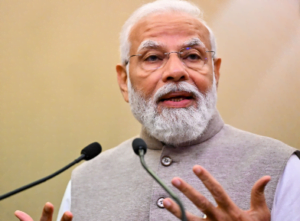 Prime Minister Modi’s Advocacy
Prime Minister Modi’s Advocacy